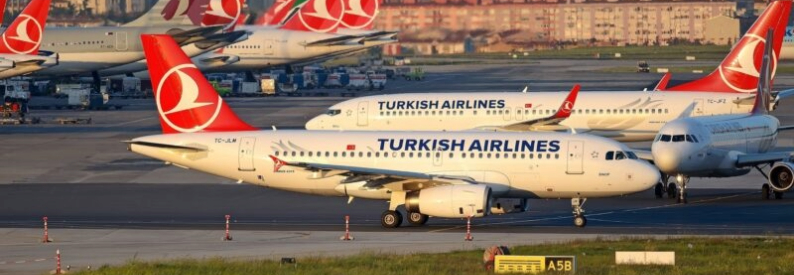India Suspends Turkish Airport Services Over Security

The Indian government’s decision to revoke security clearance for Celebi Airport Services India has sent shockwaves through the country’s aviation sector, disrupting ground handling at nine key airports. On May 15, authorities in New Delhi informed the Turkish-linked firm that its operations at Mumbai, Delhi, Bangalore, Hyderabad, Chennai, Kochi, Kannur, Ahmedabad and Goa would cease immediately. The move came amid heightened tensions between India and Pakistan, following perceptions that Turkey sided with Islamabad during recent border skirmishes.
Celebi Airport Services India, which employs more than 3,000 staff, challenged the revocation in Delhi’s High Court, arguing that its local subsidiary is majority owned by Indian shareholders and unfairly targeted on national security grounds. The company insists that, despite its connection to Turkey, its management, capital structure and workforce are rooted in India. Nevertheless, the government maintained that transit of sensitive equipment and potential access to critical airport infrastructure warranted extraordinary measures.
The abrupt suspension of ground handling services has forced airports to scramble for replacement contractors and improvise logistics solutions. Airlines faced delays in baggage handling, aircraft turnaround and refueling as rival service providers rushed to fill the void. Industry insiders warn that long-term uncertainty could undermine investor confidence in India’s ground services market and slow expansion plans for both domestic and foreign operators.
In parallel, Reuters reported that Air India has urged IndiGo to sever its codeshare partnership with Turkish Airlines, a move aimed at curbing Turkey’s growing influence in India’s fast-growing aviation market. IndiGo’s relationship with Turkish Airlines includes joint-marketing agreements on dozens of routes and the lease of two Boeing 777s for flights between Delhi, Mumbai and Istanbul. Turkish Technic, the maintenance, repair and overhaul arm of Turkish Airlines, also services these leased aircraft, making the arrangement a critical component of IndiGo’s international network.
For IndiGo passengers, the partnership with Turkish Airlines has provided seamless connections to Europe via Istanbul’s sprawling hub, which remains the only European gateway served by the low-cost carrier. Any disruption to the codeshare or aircraft leasing agreement could force IndiGo to seek alternative long-haul partnerships, potentially increasing costs and complicating route planning. Travel agents and frequent flyers alike have expressed concern over potential fare hikes and reduced connectivity options.
The broader campaign to limit economic and tourism ties with Turkey reflects a surge of nationalist sentiment in India that has permeated several sectors beyond aviation. Academic exchanges, trade delegations and bilateral cultural initiatives have faced delays or cancellations, while Turkish investments in infrastructure and hospitality projects have been reevaluated. Government officials argue that strategic industries such as aviation cannot be exposed to foreign influence that might compromise security.
Despite these headwinds, Turkish firms remain eager to defend their stake in India’s $40 billion aviation market, which ranks among the fastest-growing globally. Analysts note that India’s passenger traffic is forecast to double over the next decade, creating opportunities for ground handling, maintenance and catering services. How quickly New Delhi can resolve the Celebi dispute and restore confidence in regulatory stability will be a key factor in attracting future foreign investment.
For now, Celebi Airport Services India’s legal appeal hangs in the balance, with the High Court set to hear arguments in the coming weeks. A ruling in favor of the company could reinstate its permissions and pave the way for renewed operations. Conversely, an upholding of the government’s decision may signal a tougher stance toward any foreign-linked entity operating in India’s strategic aviation sector. As the standoff unfolds, India’s airports and airlines must adapt to a new environment where security considerations increasingly shape commercial partnerships.
Related News : https://airguide.info/category/air-travel-business/airline-finance/
